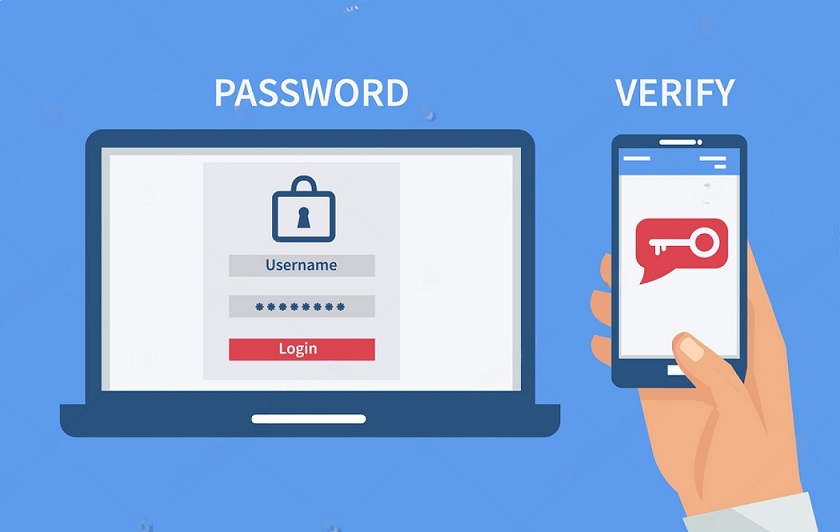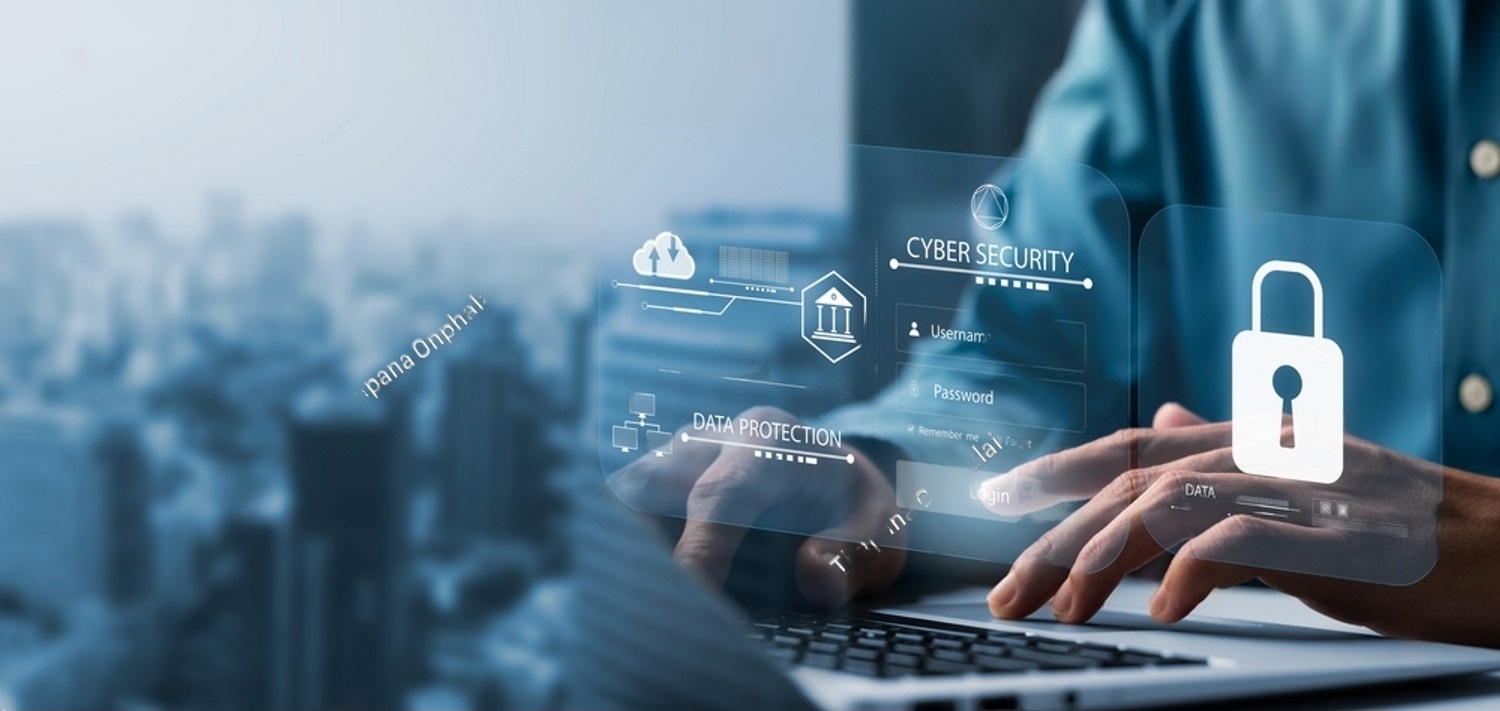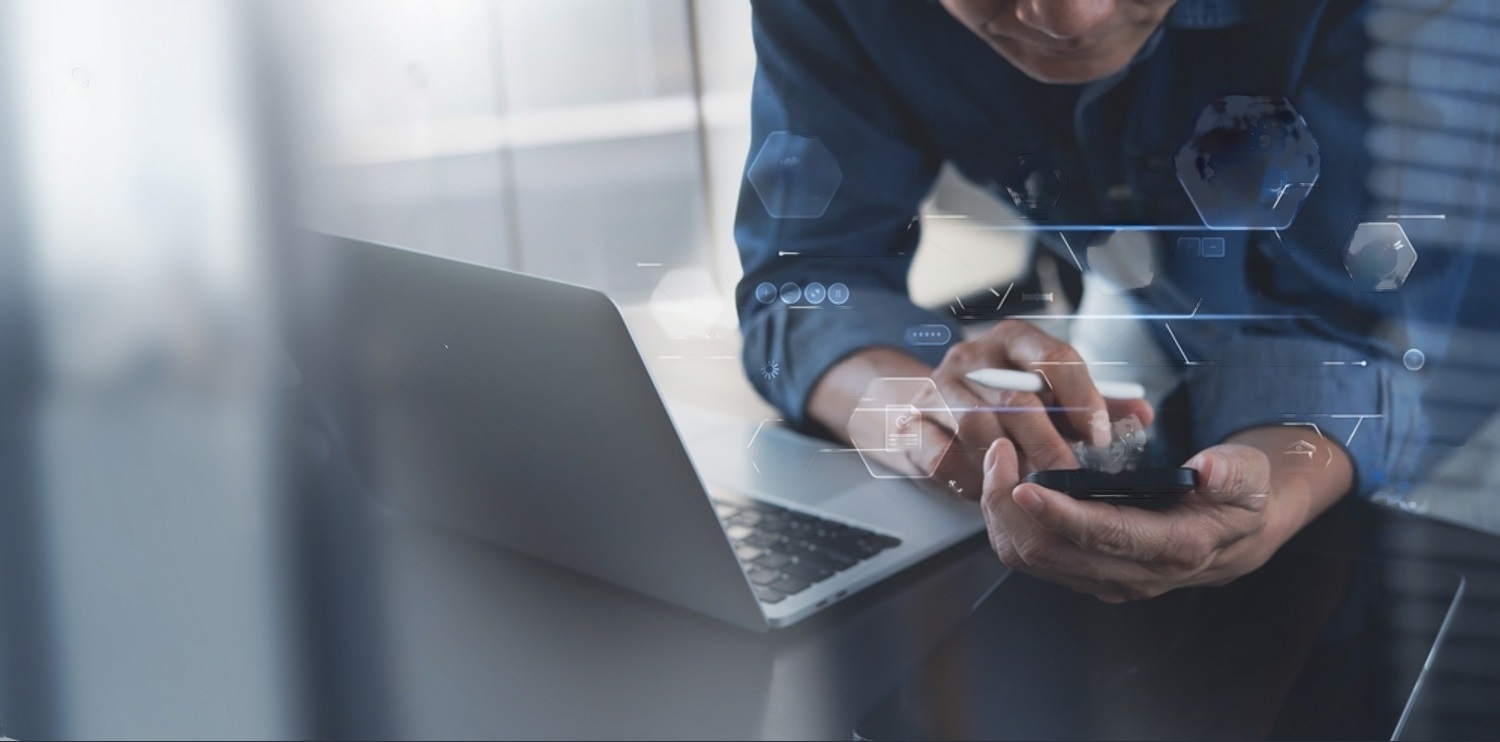In the digital age, safeguarding your small or home business is more important than ever. One powerful way to enhance security is by implementing multi-factor authentication (MFA). MFA adds an extra layer of protection during the login process, requiring users to provide at least two forms of identification before accessing an account. In this friendly, easy-to-understand article, we’ll explore why MFA is crucial for small and home businesses and share some real-life scenarios where MFA can make all the difference.
Defense against cyber threats
Cyberattacks on small businesses are increasing, as hackers often see them as easier targets compared to larger organizations with more sophisticated security measures. MFA can help shield small and home businesses from threats like phishing and brute-force attacks, where cybercriminals attempt to gain unauthorized access to accounts by guessing passwords.
For example, imagine a phishing email tricks employees into revealing their passwords. With MFA in place, an attacker would still need the employee’s secondary authentication method, such as a fingerprint or a one-time code sent to their smartphone, to access the account. This added layer of security significantly reduces the likelihood of a successful breach.
Safeguarding sensitive data
Small and home businesses often manage sensitive data, including customer details, financial records, and confidential project information. MFA plays a vital role in protecting this data by ensuring that only authorized users access relevant accounts and systems.
Consider a scenario where an employee’s laptop is stolen. Without MFA, a thief could potentially access the device and the business’s sensitive data using only the employee’s password. However, with MFA in place, the thief would also need the additional authentication method, making accessing the business’s critical information much more challenging.
Compliance with regulations
Many industries and regions require businesses to implement specific security measures to protect sensitive data. For example, the European Union’s General Data Protection Regulation (GDPR) mandates companies handling personal data to adopt suitable security measures, which may include MFA. Implementing MFA can help small and home businesses remain compliant with relevant regulations, avoiding potential fines or penalties.
In conclusion, multifactor authentication is an essential security measure for small and home businesses. It helps defend against cyber threats, safeguard sensitive data, and ensure compliance with regulations. By embracing MFA, these businesses can significantly strengthen their security posture and protect their valuable digital assets.
We hope you found our article on the importance of multifactor authentication insightful! If you’re eager to strengthen your small or home business’s security, we’d love to help. Our friendly team is ready to offer you a free consultation on implementing MFA, whether it’s using integrated solutions or third-party options like AuthPoint from WatchGuard, which can be installed for Windows. Reach out to us today and let’s work together to safeguard your business, ensuring you can focus on what matters most – growing your venture in a secure digital environment.












